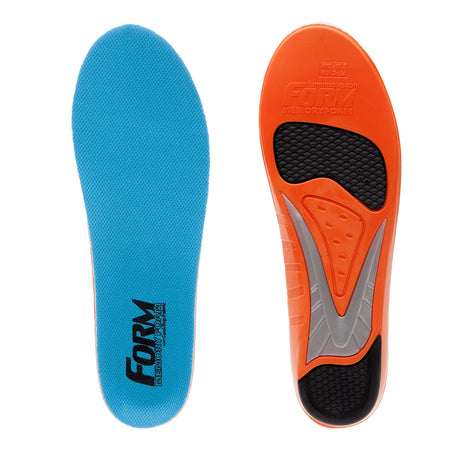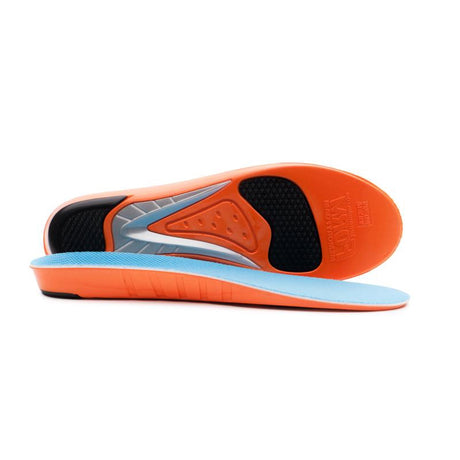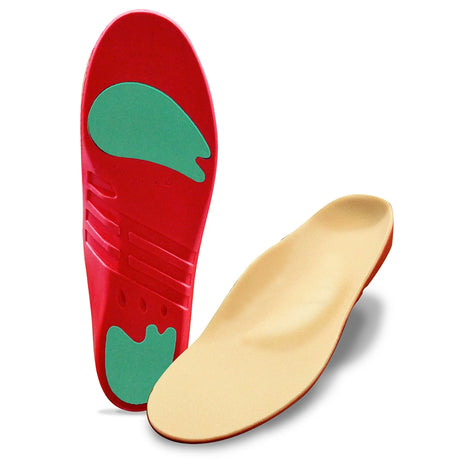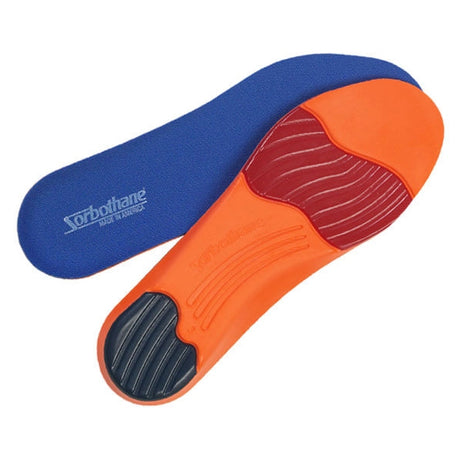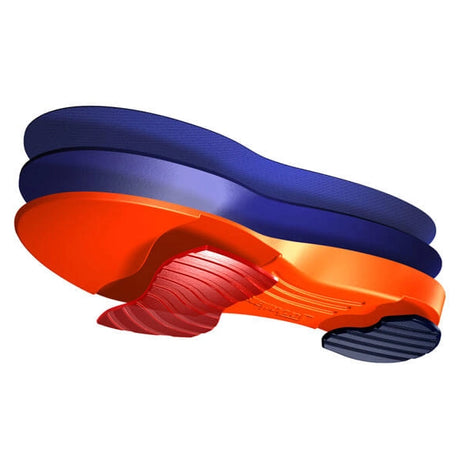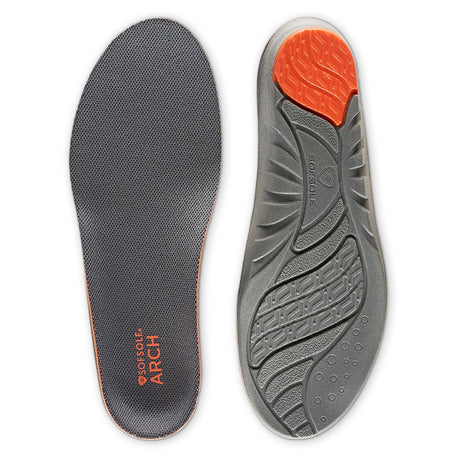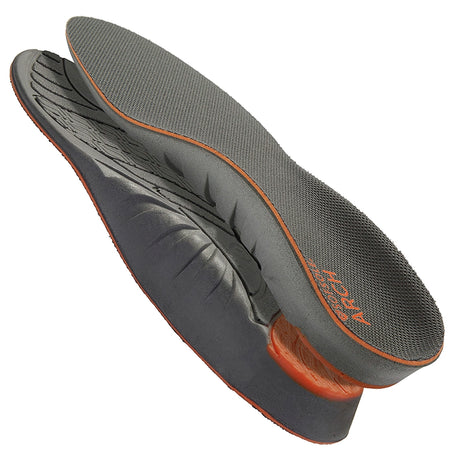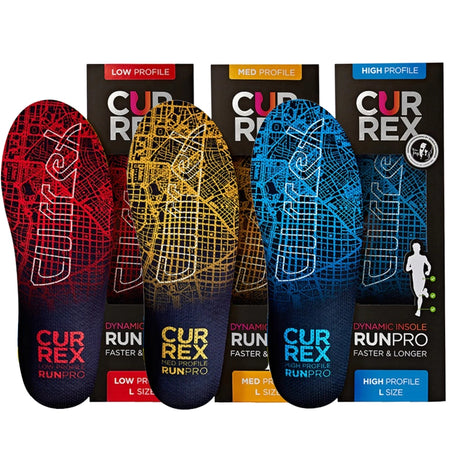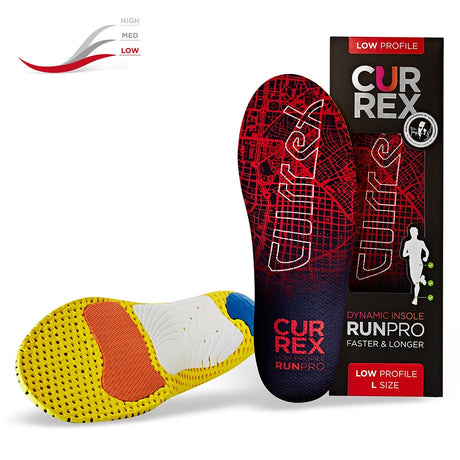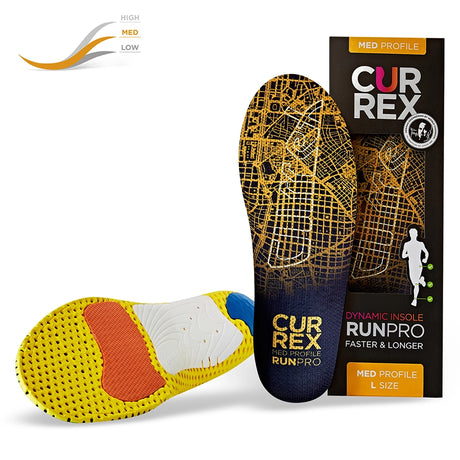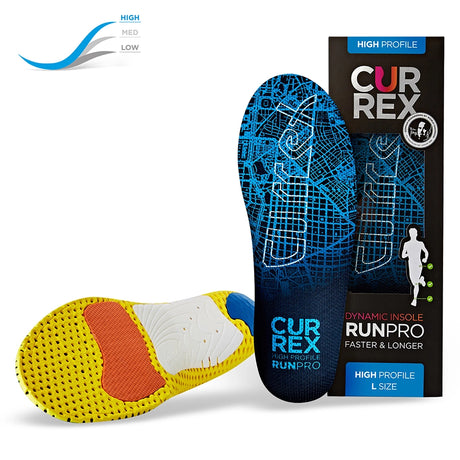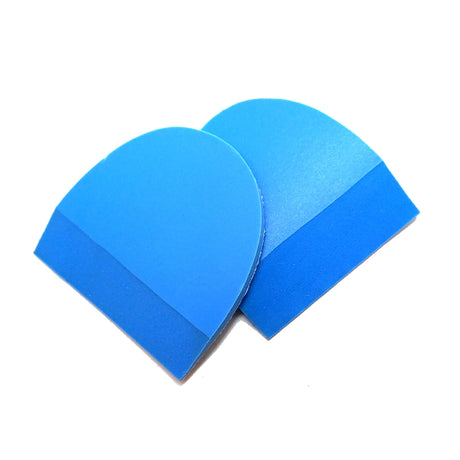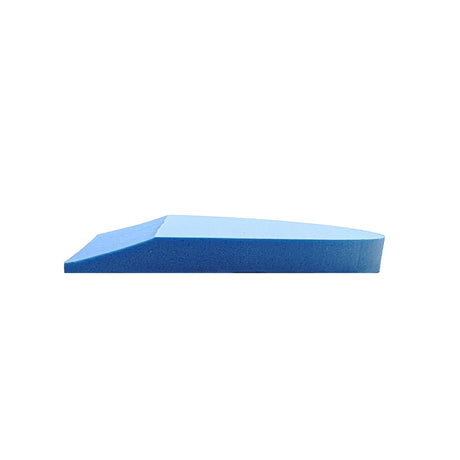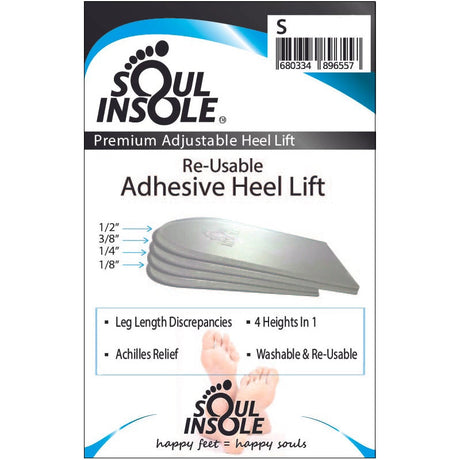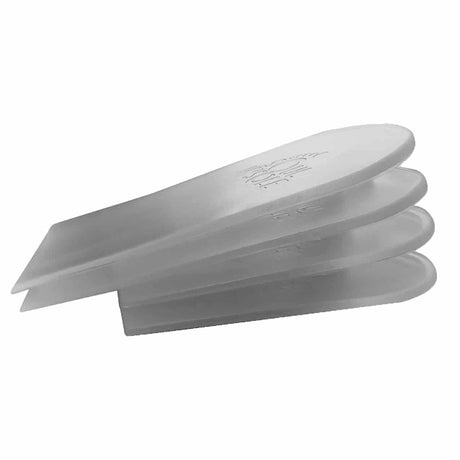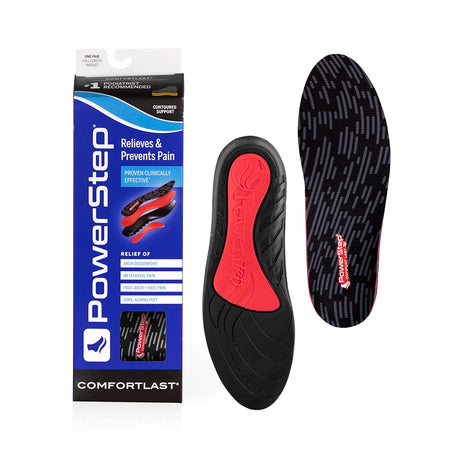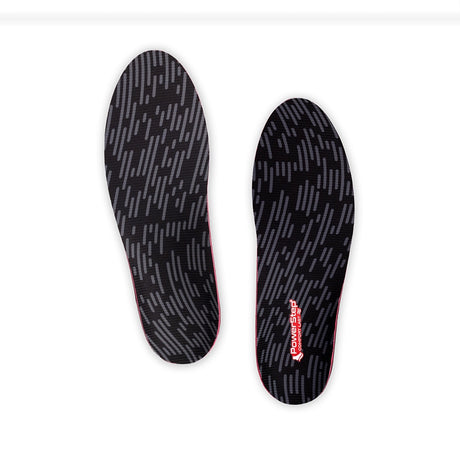Heel Pain & Heel Spurs
You're currently browsing our entire selection of products suitable for Heel Pain & Heel Spurs. Use the product filters below to narrow your selection, or contact us if you have any questions or for a recommendation. Thank you for shopping with us!
Best for Heel Pain & Heel Spurs
FORM Memory Foam Cushioned Insoles
10 Seconds 3030 Pressure Relief Insoles with Metatarsal Support
Sorbothane Ultra Sole Insoles
Sorbothane Heel Pads

FORM Memory Foam Cushioned Insoles

10 Seconds 3030 Pressure Relief Insoles with Metatarsal Support

Sorbothane Ultra Sole Insoles

Sorbothane Heel Pads
Shop All for Heel Pain & Heel Spurs
Shop for:
FORM Memory Foam Cushioned Insoles
$29.99Unit price /Unavailable10 Seconds 3030 Pressure Relief Insoles with Metatarsal Support
$39.99Unit price /Unavailable- From $36.99Unit price /Unavailable
- $16.49Unit price /Unavailable
- $59.95Unit price /Unavailable
Sof Sole Arch Performance Insoles
$19.99Unit price /Unavailable- $59.95Unit price /Unavailable
Sof Sole Full-Length Plantar Fascia Insoles
$34.99Unit price /Unavailable- $8.95Unit price /Unavailable
Soul Insole Heel Lifts / Gel Heel Cushions
$14.99Unit price /Unavailable- $49.95Unit price /Unavailable
- $24.99Unit price /Unavailable
What causes heel pain?
Heel pain is one of the most common foot pain symptoms that people experience. And while there's a number of reasons that you might experience foot pain, there's a handful of super common causes:
- Heel spurs: When your foot sustains stress or injury, the body responds by depositing additional calcium on your heel bone to "reinforce" the bone. These calcium deposits end up being tiny protrusions (or "spurs") on the heel bone that can irritate the surrounding muscles and ligaments.
- Bruised heel: A bruised heel is typically the result of larger-than-average sustained impact to the foot that leaves the heel bone and surrounding muscles bruised, which will cause pain in the affected area(s) until it's had time to heal.
- Fat pad atrophy: Did you know that your foot has a naturally shock-absorbent layer of fat designed specifically to help cushion the foot? It's true! And when this fat pad layer erodes over time, the result is that your heel bone and surrounding muscles sustain more direct impact shock and stress.
- Plantar fasciitis: When your foot sustains stress without proper support, the plantar fascia tendon (which runs from your heel all the way through your forefoot) will eventually begin to develop small tears, often between the heel and arch of the foot, which in turn causes inflammation and radiating pain.
- Achilles tendinitis: When the Achilles tendon — which runs from the back of the heel up to the calf — becomes injured or strained, it can cause inflammation of the tendon. Whenever you flex at the heel and ankle, this inflammation can cause pain in the heel.
Image courtesy of InjuryMap, CC BY-SA 4.0, via Wikimedia Commons
Why have you included heel spurs alongside general heel pain?
There's two primary reasons why we combine heel spurs and heel pain into one category:
- The treatment for heel spurs (and fat pad atrophy, although less common) is almost always the same as the treatment for general heel pain, making them ideal to represent together.
- The treatment for plantar fasciitis and Achilles tendinitis — the two other most common heel pain foot conditions — require very different treatments compared to general heel pain, and we've provided each with their own category accordingly.
Whether you've been diagnosed with heel spurs, diagnoised with fat pad atrophy, or simply suffer from general heel pain, our treatment and product recommendations will be the same, so we simply include these three together.
Is my heel pain caused by heel spurs?
Without an x-ray, it's impossible to determine whether or not your heel pain is being caused by heel spurs. Since the spurs form directly on the heel bone, and since these tiny protrusions are impossible to feel from the outside of your foot, an x-ray is the only way that we can see whether or not your feet have heel spurs.
That said, heel spurs are an extremely common cause of heel pain, and the treatment for heel spurs is almost always non-surgical and follows near-identical treatment plans as general heel pain. So in many cases an x-ray isn't recommended unless initial treatment doesn't help at all. Rather, we'd simply start with providing your foot with additional heel support and cushioning, same as for general heel pain; if your pain improves, we consider this a success regardless of whether or not heel spurs are the root cause.
Does everyone get heel spurs? How do I prevent them?
Not everyone develops heel spurs. However, those who place excess strain on the heels of their feet — especially those who do so on a recurring basis and those who don't have proper heel cushioning — are particularly at risk.
Workers in the construction, healthcare, warehousing, and retail industries are particularly susceptible, given that employees in these environments typically spend long hours on their feet walking and standing on hard surfaces such as concrete and tile. Without proper heel support and cushioning, these long hours on your feet will translate into excessive strain on the heels of your feet, which over time can lead to the development of bone spurs.
Athletes in certain sports and athletic activities are also susceptible. Running, basketball, tennis, and other sports that involve frequent running and/or jumping — particularly those played on hard surfaces, such as asphalt, concrete, or hardwood — put a lot of strain on the heel via impact shock. Without proper support and cushioning, this too can lead to the development of heel spurs over time.
Long story short: If you place strain on your heels for long periods on a regular basis, or if your heels sustains recurring impact shock, we'd highly recommend ensuring that you have good heel support and cushioning.
How do we treat heel spurs?
Heel spurs will not "go away" on their own, and removal of them would require surgery. However, the treatment for heel spurs nearly always involves simply reducing the effect that they have on your body while simultaneously preventing new heel spurs from developing. We do this by ensuring that your feet have:
- Proper heel support: We want the heel of the foot to be cradled in order to better dissipate and distribute strain and pressure placed on the heel.
- Improved heel cushioning: We want to ensure that we have good cushioning under your heel in order to better absorb pressure and impact shock on the heel.
The two most common solutions include:
- Replacing your insoles with a new pair with better heel support and cushioning. Specifically, we're looking for an insole which has a built-in heel cup to help cradle the heel and which also has shock-absorbing padding under the heel.
- Adding a heel cushion insert piece to your existing shoes. Specifically, we want a heel cup or heel cradle insert that will not only add additional cushioning but which will also help to better support the heel.

